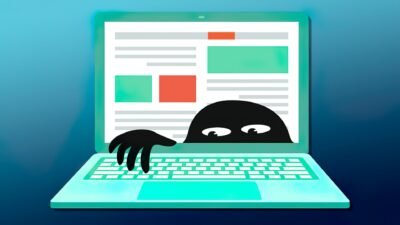Apple Says Sideloading Is A Serious Risk

Apple has been asked for years to allow sideloading on the iPhone. But the company doesn’t think about it and has now published another study that aims to prove that non-sideloading is the reason that iOS is much more secure than Android.
Apple yesterday published a 31-page paper entitled “Building a Trusted Ecosystem for Millions of Apps” to analyze the “Threat of Sideloading” PDF available here. This is essentially an explanation and justification of why you do not allow and do not want to allow the installation of apps outside the App Store.
In it, the company from Cupertino writes that Android has between 15 and 47 times more malware than iOS and says that sideloading is primarily responsible for this as 9to5Mac reported. This is an explicit opposition to legislative initiatives in the USA and Europe that prescribe or want to impose Apple sideloading.
Sideloading is a serious risk
It is not the first time that Apple railed against sideloading in a report; the group published a similar analysis last June. The current version is about twice as long, but the arguments are similar or the same. Apple remains convinced that it would “undermine the privacy and security safeguards that made the iPhone so secure and expose users to serious security risks.”
Apple writes that sideloading would also endanger those users who do not want to use sideloading themselves if the company was forced to do so: “Under certain circumstances, users have no other choice than an app that they can use to connect with family and friends need to sideload because the app is not available in the app store. For example, if sideloading were allowed, some companies might choose to sell their apps only outside the app store. “
The iOS operator is also concerned that criminals could imitate the official app store in order to lure users into the trap. The promise of free content and better features could also act as an enticement to distribute malware this way, according to Apple.
Digital marketing enthusiast and industry professional in Digital technologies, Technology News, Mobile phones, software, gadgets with vast experience in the tech industry, I have a keen interest in technology, News breaking.












